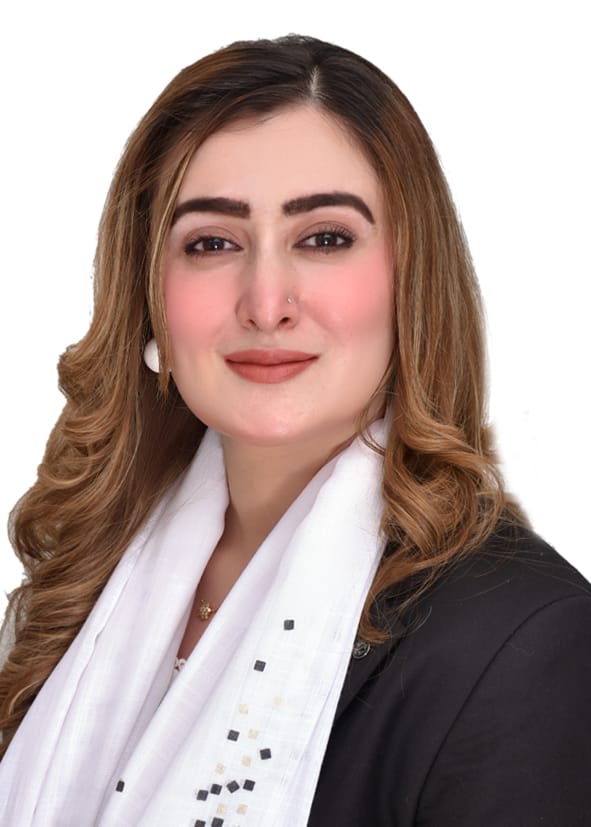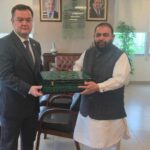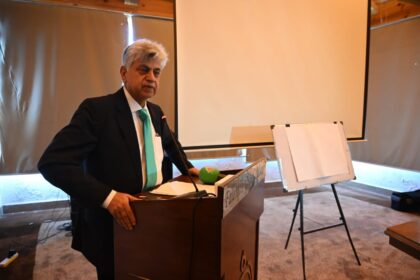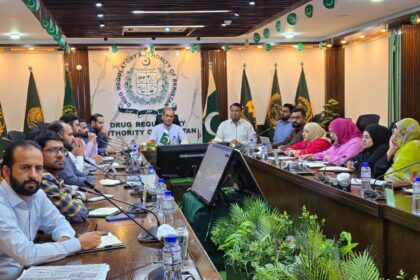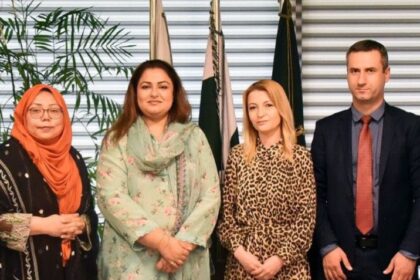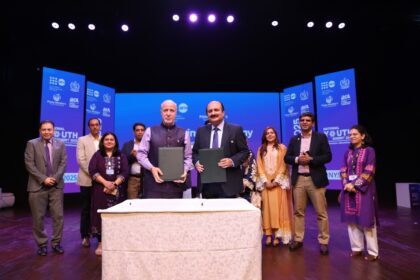Young activists in Pakistan are leading the charge towards a gender-just future, challenging traditions and advocating for women’s rights through online campaigns, campus activism, community outreach, and artistic endeavors. Despite facing resistance, threats, and institutional obstacles, these youths are determined to elevate women’s rights, inclusivity, and Intersectionality to national prominence. With greater male participation and strategic policy engagement, youth advocates aim to shape public attitudes and legislative frameworks to ensure equality and justice for all.
Youth-led advocacy for women’s rights is gaining powerful momentum in Pakistan, reflecting a generational shift in societal attitudes. Young Pakistanis are actively challenging long-held patriarchal norms, addressing gender-based violence, and fostering inclusive discussions that promote dignity, respect, and gender equality. This proactive stance by Pakistan’s youth signals change in deeply rooted cultural attitudes and provides much-needed reinforcement for existing women’s rights movements.
The emergence of youth activism is significant given Pakistan’s demographic makeup, with over 60% of its population under the age of 30. These young advocates possess distinct characteristics and advantages—they question deeply entrenched social conventions rather than silently accepting them, inject new vitality into traditional activism, and utilize digital communication platforms to amplify their voice and message. Today’s youth are digitally savvy, using social media channels such as Twitter, Instagram, and TikTok to highlight critical women’s issues like workplace harassment, reproductive rights, and consent. Online campaigns using prominent hashtags like #MeToo, #AuratMarch, and #MyBodyMyChoice have helped spur productive conversations and raise public awareness.
Moreover, campus-based initiatives have played a pivotal role in youth advocacy for gender justice. Students across universities organize seminars, debates, gender studies clubs, and awareness drives, urging administrations to reform outdated campus rules, introduce secure harassment-reporting mechanisms, and implement faculty training programs around gender sensitivity.
Creative expression has also emerged as a powerful vehicle for gender advocacy among youth, who leverage music, theatre, spoken-word poetry, murals, and short films to dismantle stereotypes and convey personal and collective experiences of women. Additionally, young community volunteers have been instrumental in rural and peri-urban settings, actively promoting girls’ education, raising awareness against early child marriages, and facilitating women’s access to legal aid.
However, these passionate young advocates confront significant barriers in their quest for a gender-just society. Cultural stereotypes present feminism as a “foreign” or “immoral” concept, generating familial and community antagonism. Security threats, including physical violence, online harassment, doxxing, and character assassination campaigns directed at outspoken young women, further complicate their mission. Moreover, institutional resistance from some academic institutions, combined with the significant mental health pressures associated with prolonged activism, necessitate more meaningful support structures for these youth leaders.
An encouraging development has been the increased involvement of young men and boys who perceive gender equality not merely as a women’s issue but as an imperative for social progress. These allies openly challenge toxic masculinity, participate actively in campaigns supporting gender equality, back women victims of harassment and violence, and redefine masculinity through emotional intelligence, thus broadening the conversation around equality.
Central to the youth-led gender rights movement is intersectionality—the recognition that gender inequality intersects with other systemic issues such as class, ethnicity, religion, disability, and sexual orientation. Pakistani youth activists emphasize inclusivity by integrating the experiences of rural women, transgender and non-binary communities, women with disabilities, minority groups, and refugees into their advocacy, ensuring no one’s rights are overlooked.
Beyond public campaigns, young Pakistanis are increasingly entering policy arenas through forums such as UN youth delegations, parliamentary youth sessions, and government policy consultations, driving changes in laws relating to domestic violence, child marriage, reproductive health rights, and workplace harassment.
To fully harness the momentum and ensure sustainability, activists call for comprehensive measures, including integrating gender education into school and university curricula, providing funding and mentorship opportunities to youth-run organizations, ensuring digital safety and protections for activists, and fostering intergenerational dialogues to bridge gaps between young and older feminist advocates.
Pakistan’s youth, demonstrating immense courage, conviction, and determination, are redefining activism for gender equality in the modern era. They are asserting clearly that gender justice is neither optional nor negotiable but an inalienable right. As they rise, mobilize communities, command policy discourse, and challenge age-old discriminatory practices, one fundamental truth is abundantly clear: the young generation is determined that equality becomes the foundation upon which the future of Pakistan is built.




